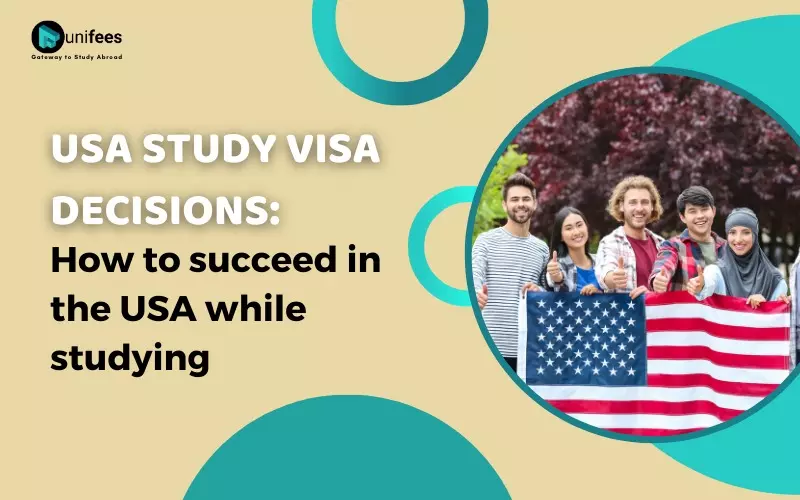
A US Study Visa (F1) is the most prized visa for most students in India. However, there are many misconceptions about visa decisions and, generally speaking, many more misconceptions about how visa officers approach adjudications.
What does the Law say?
INA (Immigration and Naturalization Act) section 214 (b) is the bedrock of all visa adjudications. 214 (b) states (and I paraphrase) that the immigration officer is required to assume that an applicant is an immigrant and can only grant the applicant a study visa if he/she is convinced that the applicant is NOT an immigrant. In effect, this law is contrary to how the justice system works; you are presumed to be guilty till proven innocent! However, this law is relevant in many ways and, at the same time, irrelevant in some ways!
The Relevance (and irrelevance) of 214 (b)
If there are any red flags in your application like a member of your immediate family who has applied for asylum or been deported from the USA, then, in all probability, you visa application will be refused. If the visa officer is convinced that the primary purpose of your travel to the USA is not to study but to stay back, then too your application will be refused.
However, consider this: most students from South Asia who study in the USA violate one condition of their visas: they do not return to their home countries upon the completion of their courses. The US government is aware of this, but they have other considerations. The USA is the largest economy in the world and it is experiencing a small growth rate at the present. To maintain this growth rate, the USA government is required to create more than a million jobs every year. Couple this fact with the fact that education levels are falling in the US and that most Americans are gravitating towards a vocational education post high school. Thus, one way of ensuring that qualified professionals make up for the shortfall, is to get international students to fill in the gaps. Ultimately, the US government wants you to take up important positions and contribute as taxpayers and that’s way, despite knowing that most applicants will not return upon the completion of their courses, the US government still issues visas.
What Visa Officers are Looking for
The visa officer will look for the following while making a decision on your visa:
ABILITY to succeed academically. Your grades in India, your reasoning test scores and your English test scores provide this information. If the visa officer thinks that you will be a successful student in the USA, it will work in your favour.TIES in the home country. Family ties, social ties, economic ties and professional ties constitute the various ties visa officers look for. It helps if your entire immediate family is in India and your family also owns property and other assets that you will inherit one day.MEANS to pay for the course and all other related expenses. Money is important! The visa officer must be convinced that you can afford an education in the USA. I am a big supporter of education loans. The big advantage with an education loan is that you are not required to demonstrate that you can afford to study abroad because the loan already does that. All you are required to demonstrate is that you can afford to pay back the loan.INTENT that matches with your visa category. The F1 visa is a non-immigrant visa only for the purpose of study. You must demonstrate that your intentions match the above.
Why are Interviews so short?
You will be surprised by the amount of information that the visa officer has about you. Most of the information they need to make a decision is already in your application. Of the 4 ‘criteria’ above, they have a fair idea of the first three due to the information you have provided on your DS 160 forms and also the information that the university’s DSO has provided on SEVIS. The only thing they do not know is your ‘intent’. The way you answer seemingly innocuous questions in the interview gives them a fairly good idea of what your intentions are.
Is Your University Important?
Broadly speaking, no! I often see questions online about the ‘visa chances’ and ‘visa success record’ of universities. Remember, there are hundreds (actually almost 4000) of universities and colleges providing higher education in the USA and that the visa officer evaluates your application ‘holistically’. However, choose a university that matches your profile and a course that aligns with your previous studies to make it easier for yourself.
The Final Word
Applying for the study visa in the USA can be a long and arduous task. Make sure you are fully prepared before you go for the visa interview appointment. Be careful of the advice you get from peers and counsellors because there are too many generalizations and misconceptions among the afore-mentioned. To choose the best counsellor, get in touch with us and let us guide you through the whole process seamlessly.
